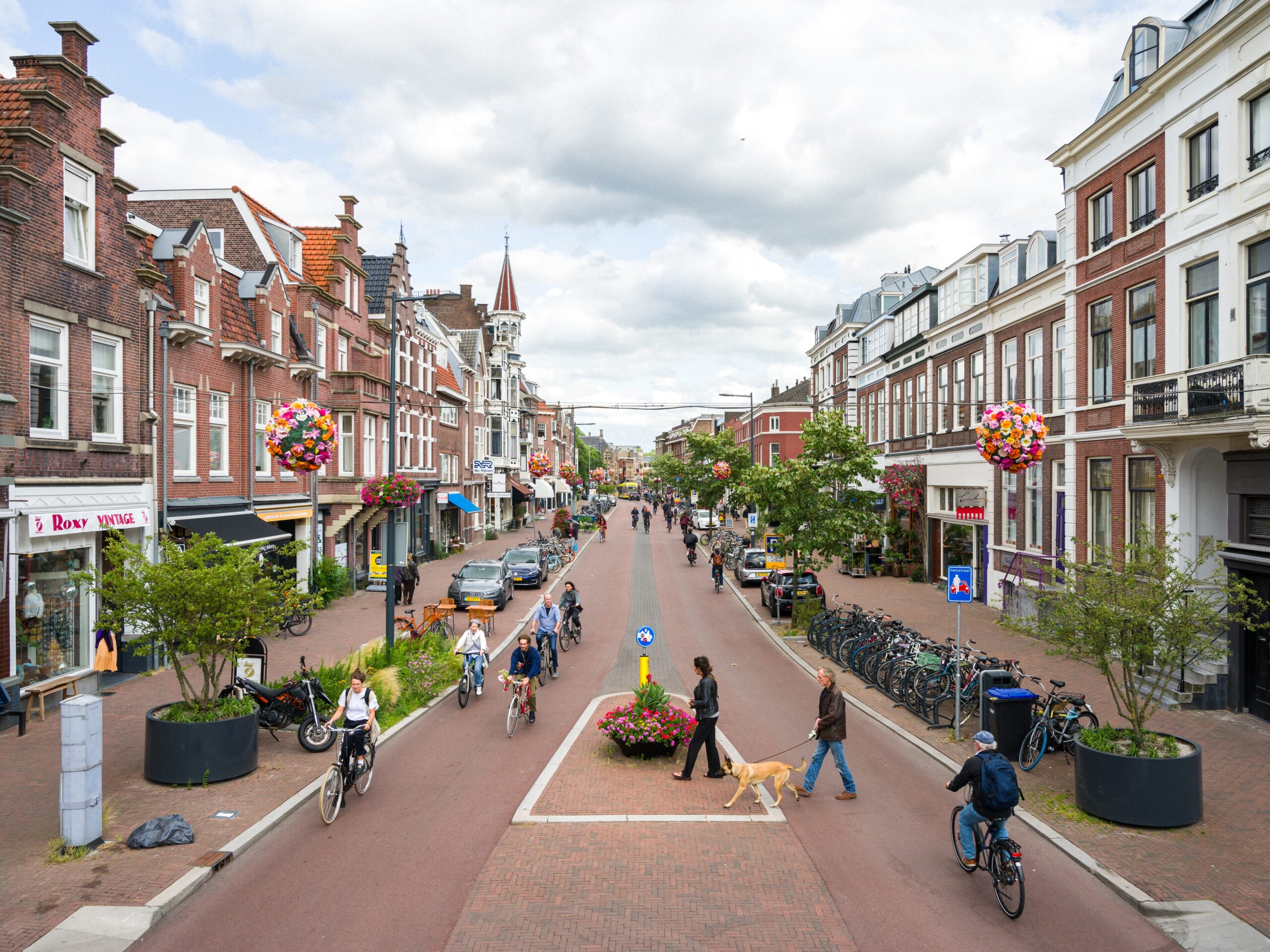Dutch cities develop new mobility data standard
The G-5 and the Ministry of Infrastructure and Water in the Netherlands have developed a first version of the City Data Standard - Mobility (CDS-M), an open data standard for data exchange between cities and shared mobility operators.
As greener, smarter and multimodal urban transport services are established, the necessity for collecting, sharing and analysing mobility data is expanding. Such information on mobility patterns, including traffic flows, parking, and use of shared vehicles, is instrumental for designing effective policy agendas and enforcement instruments.
However, without uniformity in data processing and storage, effective data sharing between cities and other mobility stakeholders may prove challenging. A study on 'Opportunities, Bottlenecks and Practical Possibilities for a European data standard for shared mobility operators’ showed the European demand for a B2G micro-mobility data standard that guarantees the Privacy by Design (PbD) principles, is easy to use, enables two-way communication, brings uniformity, and supports planning, dynamic policy, and enforcement.
The CDS-M addresses these demands and wants to enable mutually beneficial collaborations between cities and mobility service operators. It is developed from an urban perspective and recognizes the value of municipal data for mobility providers.
A single CDS-M will give public authorities more information and ways of planning the use of public spaces, and additional information for developing and improving policy. It will provide a better understanding of the use of shared mobility and the possible effects on public spaces (e.g. accessibility and quality of life). That information will make the CDS-M a tool for developing, adjusting and improving policy. The CDS-M will thus contribute to the optimum use of public spaces, for example through dynamic control of traffic flows and permit areas. It will also make it easier for public authorities to exchange information from data: for instance, they can learn from pilots in other municipalities and adjust their policies accordingly.
POLIS members Amsterdam, Utrecht, Eindhoven, Rotterdam, together with The Hague, have developed an initial version of the City Data Standard - Mobility (CDS-M), which needs to be applied, tested and developed into a mature CDS-M.
The CDS-M consists of the "standard", the technical design, and the "agreement", which details which organisations are involved in data processing, the nature of these processes their storage. The agreement framework is now under development and will be established by a working group comprising mobility operators, urban planners, data scientists, code developers, Data Protection Officers, and security experts.
The working group will test the initial version of the CDS-M on existing cases from the five biggest Dutch cities. These cases will include shared cars and cross-city permits in Rotterdam, e-hubs and e-scooters in Eindhoven, shared carrier bikes in Utrecht and shared scooters in Amsterdam and The Hague.
In-depth
For more information about the City Data Standard for Mobility, consult one of the following documents:
- Report: Opportunities, bottlenecks and practical possibilities of a European data standard for shared mobility operators
- Factsheet: Opportunities, bottlenecks and practical possibilities of a European data standard for shared mobility operators
- Principles: Why do we need CDS-M?
- Blueprint: What is the reasoning behind the current design and vision of the CDS-M?
- Differences and similarities between CDS-M and MDS metrics
- City Data Standard - Mobility Two Pager
- Use cases G-5
- GDPR in short
- Roadmap
Those interested in joining the working group are advised to contact Ross Curzon-Butler, r.curzonbutler@amsterdam.nl.
The role of POLIS
The CDS-M will set out how data exchange between mobility providers and public authorities should take place, and based on what standards. The longer-term aim is to work towards a European data standard. Therefore, POLIS will facilitate a process of exchange between European cities and between the cities and mobility providers to take stock of data sharing needs and use cases across cities, and come to convergence in the use of common data specification for mobility data sharing. For more information, please contact Karen Vancluysen, kvancluysen@polisnetwork.eu.




